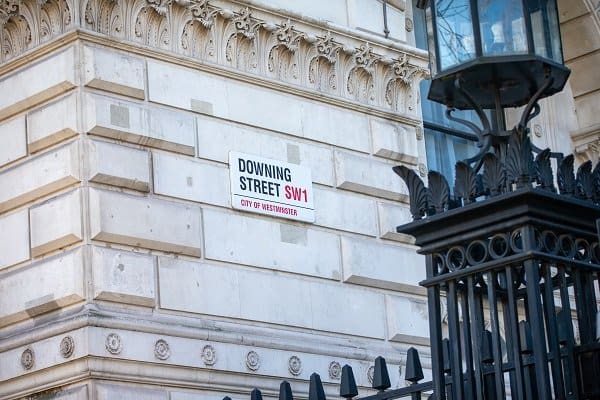With the election in full swing, Luke Hamm, Managing Director of Source Advisors, a representative on the All Party Group for Design and Innovation, has looked at what the Labour and Conservative parties has on offer when it comes to innovation.
Following a period of significant change from the current government, it is no surprise to see the commitment to retain the R&D tax relief system as it currently stands.
Interestingly, Labour do not specifically mention R&D tax relief but do signal a more sector focused approach, which is likely to impact how the scheme currently works.
There is also a tone that Labour wants to ensure they support small businesses and start ups with access to funding which is likely to include R&D tax incentives. Conversely, the Conservatives make it clear that they believe bigger payback on investment comes from larger bets from larger businesses.
Which sectors do the Conservative and Labour parties want to back?
Conservatives name the Advanced Manufacturing Plan; this covers Automotive, Aerospace, Life Science and Clean Energy. There is a separate carve out under the defence budget for R&D. Farming is also mentioned, specifically innovation around fertiliser and vertical farming.
Labour is clear on backing sectors, signalling areas such as Research Institutions, Professional Services, Advanced Manufacturing, Automotive and Life Science.
They further commit to investing in the future of the steel industry as well as AI. With commitments around green energy being a predominant feature, it seems likely that investment into specific sectors will correspond with the drive for the energy security agenda.
What structures do the parties want to put in place to support innovation?
DSIT is not mentioned by the Conservatives so it is likely they will continue with the current structure. They also reaffirm the commitment to the catapult networks.
Labour, on the other hand, have committed to two aspects of control and regulation that may be quite different. First, a new Industrial Strategy; they cite the previous failed attempts of the Conservatives, whereas they plan to have a longer-term commitment governed by a separate Industrial Strategy Council. This is further supported by the commitment to longer term, 10-year funding packages for institutional research.
Second, the creation of the Regulatory Innovation Office with a focus in ensuring regulation and policy is fit for future innovation and adoption of technologies such as AI. Whilst not directly addressing the subject of front-line innovation, it may answer the call from the most recent consultation on tax advice regulation.

